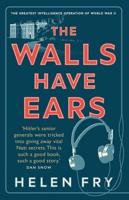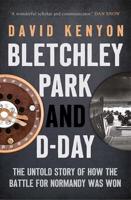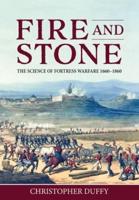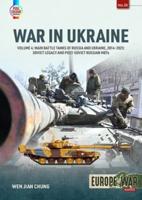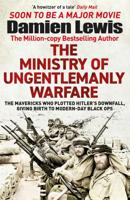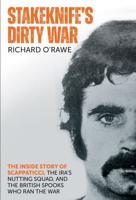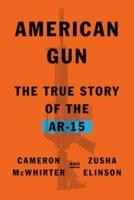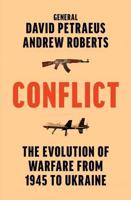Publisher's Synopsis
*Includes pictures.
*Includes accounts of Quantrill's raids by one of his Raiders.
*Includes footnotes and a bibliography for further reading.
"In all wars there have always been, and always will be a class of men designated as guerillas, but it can be said that the Missouri guerillas are more noted than those of any war in any country for ages. Their deeds of daring, their miraculous escapes, and the physical sufferings that they endured are almost beyond belief." - John McCorkle, one of Quantrill's Raiders
The Civil War is best remembered for the big battles and the legendary generals who fought on both sides, like Robert E. Lee facing off against Ulysses S. Grant in 1864. In kind, the Eastern theater has always drawn more interest and attention than the West. However, while massive armies marched around the country fighting each other, there were other small guerrilla groups that engaged in irregular warfare on the margins, and among these partisan bushwhackers, none are as infamous as William Quantrill and Quantrill's Raiders.
Quantrill's Raiders operated along the border between Missouri and Kansas, which had been the scene of partisan fighting over a decade earlier during the debate over whether Kansas and Nebraska would enter the Union as free states or slave states. In "Bloody Kansas", zealous pro-slavery and anti-slavery forces fought each other, most notably John Brown, and the region became a breeding ground for individuals like Quantrill who shifted right back into similar fighting once the Civil War started. Rather than target military infrastructure or enemy soldiers, the bushwhackers rode in smaller numbers and targeted civilians on the other side of the conflict, making legends out of men like Bloody Bill Anderson and John Mosby.
However, none are remembered like Quantrill and his men, not only because of their deeds during the Civil War but because of the actions of some of the former Raiders after it. Quantrill is best known for raiding Lawrence, Kansas in August 1863 and slaughtering nearly 200 boys and men between the ages of 14-90, under the pretext that they were capable of holding a gun and thus helping the Union cause. After that massacre, Union forces in the area retaliated in similar fashion, forcing Southern sympathizers out of several counties in the area and burning the property. Union forces also detained those accused of assisting Quantrill's Raiders, including their relatives.
After raiding Lawrence, Quantrill's Raiders headed south, and they eventually split off into several groups. Quantrill himself was killed while fighting in June 1865, nearly two months after Lee surrendered to Grant at Appomattox, but his name was kept alive by the notorious deeds of his Raiders during the war and the criminal exploits of former Raiders like Jesse James and his brother, as well as the Younger brothers. These men, who had fought with Quantrill, became some of America's most famous outlaws, and they used guerrilla tactics to rob banks and trains while eluding capture.
William Quantrill and Quantrill's Raiders: The Confederacy's Most Notorious Bushwhackers chronicles the life of Quantrill, the Raiders' Civil War record, and their legacy. Along with pictures of important people, places, and events, you will learn about Quantrill and his Raiders like never before, in no time at all.

